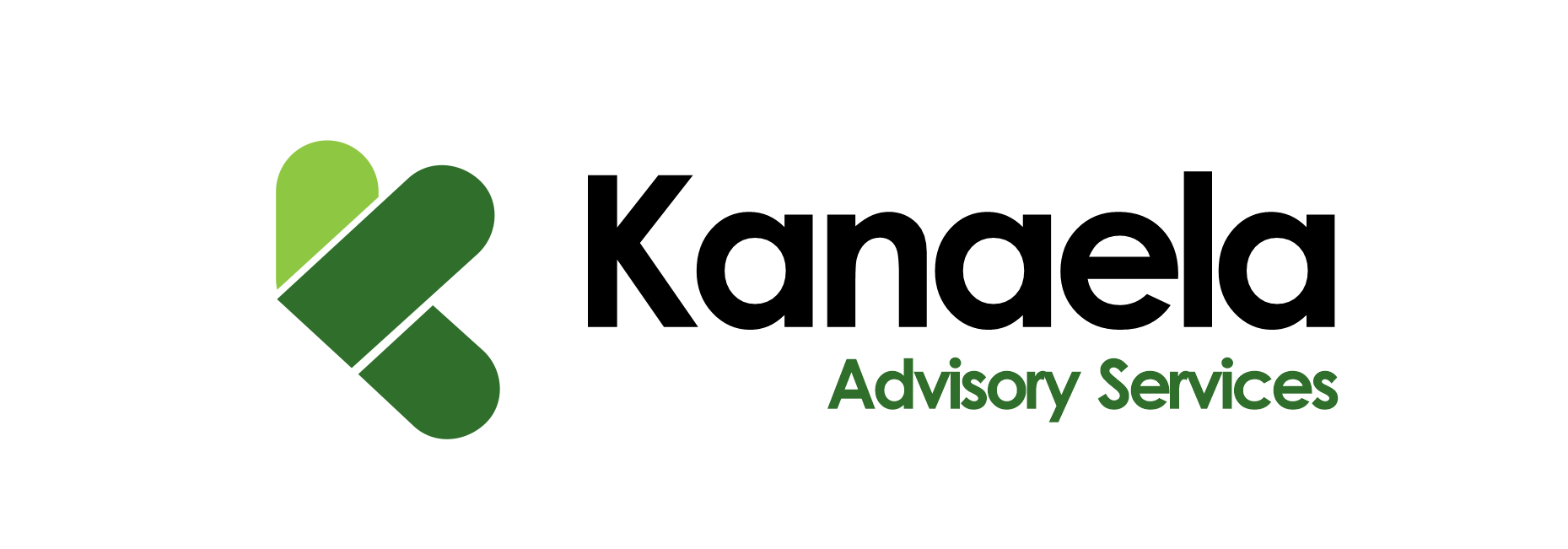
Selecting the right accounting solution can mean the difference between financial clarity and operational chaos. Whether you’re a small business owner, a growing enterprise, or an established organization, the right accounting solution is crucial for managing your finances, tracking expenses, ensuring compliance, and making informed decisions. This article provides a comprehensive guide to choosing the best accounting solutions for your business needs.
1. Understand Your Business Requirements
Before diving into software options, evaluating your company’s specific financial management needs is essential. Consider the following:
- Business Size and Industry: The needs of a retail business differ from those of a consulting firm or a manufacturing company.
- Growth Stage: A startup may only need basic bookkeeping features, while a scaling company might require detailed financial reporting and automation.
- User Requirements: Determine who will use the system. Do you need access for a few employees, or will your whole finance team need collaborative features?
- Accounting Complexity: Consider whether your business requires multi-currency support, inventory management, or integration with other systems.
By clearly defining your needs, you will be better positioned to narrow down the best accounting solutions that align with your objectives.
2. Key Features to Look for in Accounting Solutions
The features of an accounting solution play a critical role in its effectiveness. When evaluating your options, look for these essential features:
a) Core Accounting Features
At a minimum, your accounting software should include the following:
- General ledger
- Accounts payable and receivable
- Bank reconciliation
- Financial reporting
b) Automation Capabilities
Automation helps streamline tedious processes like invoice generation, expense tracking, and recurring billing. Look for a solution that offers automated bank feeds, recurring transaction capabilities, and tax calculations.
c) Integration Options
The best accounting solutions can integrate seamlessly with your business’s other tools, such as payroll systems, Customer Relationship Management (CRM) platforms, and Enterprise Resource Planning (ERP) solutions.
d) Customization and Scalability
Ensure that the accounting software you choose can scale as your business grows. Customization options like configurable dashboards and custom reporting ensure that your accounting solution meets evolving needs.
e) Cloud-Based Access
Cloud-based accounting solutions have become increasingly popular with more businesses adopting hybrid and remote work. Cloud solutions offer real-time data access, enhanced collaboration, and automatic software updates.
f) Security Features
Since financial data is highly sensitive, robust security features such as data encryption, multi-factor authentication, and role-based access control are essential.
3. Cost Considerations
Understanding your budget is crucial when choosing the best accounting solutions for your business. Accounting software costs can vary significantly based on the features and number of users. Consider the following:
- Subscription Plans: Many providers offer tiered plans based on the size and needs of your business.
- Upfront vs. Ongoing Costs: Some solutions charge a one-time license fee, while others have monthly or annual subscription fees.
- Hidden Fees: Be aware of potential add-on fees for additional users, advanced features, or customer support.
Evaluate the total cost of ownership (TCO) to avoid surprises and ensure that the software fits within your financial plans.
4. Evaluate User-Friendliness
An accounting solution’s user experience (UX) is a critical factor in its adoption and efficiency. A user-friendly interface can save significant time during onboarding and daily use. Key aspects to consider include:
- Navigation: How easy is navigating through menus and finding key features?
- Onboarding: Does the provider offer training resources or tutorials?
- Customization: Can dashboards and reports be personalized for different users?
The best accounting solutions are intuitive and provide a seamless experience for both finance professionals and non-financial users.
5. Customer Support and Training
Reliable customer support is invaluable, especially when issues arise. When evaluating accounting solutions, consider the following support options:
- Availability: Does the provider offer 24/7 support, or is it limited to business hours?
- Support Channels: Are support options available via phone, email, or live chat?
- Self-Help Resources: Look for comprehensive knowledge bases, FAQs, and training videos.
Strong support services can make a significant difference in ensuring that your team maximizes the value of the software.
6. Compliance and Reporting Features
Your accounting solution must support regulatory compliance, especially when dealing with taxes, financial audits, and reporting standards. Features to look for include:
- Tax Compliance: The solution should handle VAT, GST, or sales tax calculations and filings.
- Audit Trails: Ensure the software provides detailed records of transactions and changes for audit purposes.
- Standardized Reports: Look for pre-built financial statements and customizable reports to meet regulatory requirements.
Selecting a solution with strong compliance features will help you avoid costly penalties and ensure transparency.
7. Scalability and Future-Proofing
A key consideration in choosing the best accounting solutions is their ability to grow with your business. Consider solutions that offer:
- Modular Upgrades: Add features as needed without switching platforms.
- Multi-Entity Support: If you plan to expand to new regions or launch new subsidiaries, ensure the solution can handle multiple entities.
- Frequent Updates: Choose software from a provider that offers regular updates to keep up with evolving regulations and technological advancements.
Investing in a scalable solution can save you from the headaches of switching platforms as your business grows.
8. Popular Accounting Solutions to Consider
When searching for the best accounting solutions, consider these popular options:
a) QuickBooks Online
QuickBooks Online is a cloud-based accounting solution known for its ease of use and comprehensive feature set. It offers:
- Core accounting tools
- Expense tracking
- Invoicing and payments
- Integrations with third-party apps
It is ideal for small to medium-sized businesses looking for an all-in-one solution.
b) Xero
Xero is a cloud-based platform designed with collaboration in mind. Key features include:
- Real-time financial reporting
- Bank reconciliation
- Integration with over 1,000 apps
- Multi-currency support
Xero is suitable for businesses prioritizing collaboration and real-time financial data access.
c) FreshBooks
FreshBooks is an intuitive solution designed for small business owners and freelancers. Features include:
- Time tracking and invoicing
- Automated expense tracking
- Payment processing
FreshBooks excels in managing client-based services and is ideal for service-oriented businesses.
d) Sage Intacct
Sage Intacct is a robust cloud-based solution aimed at larger organizations. Key features include:
- Advanced financial reporting
- Multi-entity and multi-currency management
- Integration with ERP and CRM systems
Sage Intacct is ideal for businesses that require advanced financial management tools.
9. Testing and Implementation
Once you have shortlisted your options, it is essential to test them before committing to a long-term investment. Here’s how to approach this:
- Free Trials and Demos: Take advantage of free trials to evaluate the software’s interface, features, and usability.
- User Feedback: Involve your finance team in testing to gather feedback.
- Implementation Plan: Develop a step-by-step implementation plan that includes data migration, training, and user onboarding.
A smooth implementation process can minimize disruptions and set your business up for success.
10. Making the Final Decision
After evaluating your options, compile all feedback and compare the pros and cons of each solution. Consider cost, user experience, support, and long-term scalability.
Ultimately, the best accounting solutions align with your business goals, simplify financial management, and provide reliable support for growth.
Conclusion
Choosing the best accounting solutions for your business is crucial to your financial health, compliance, and overall efficiency. You can make an informed decision by understanding your specific needs, evaluating key features, and considering factors like cost, user-friendliness, and scalability. Whether you choose a well-known platform like QuickBooks Online or a more specialized tool like Sage Intacct, the right accounting solution will empower your business with accurate insights and streamlined processes. Investing time and effort in selecting the right solution today can lead to long-term financial clarity and success for your business.

